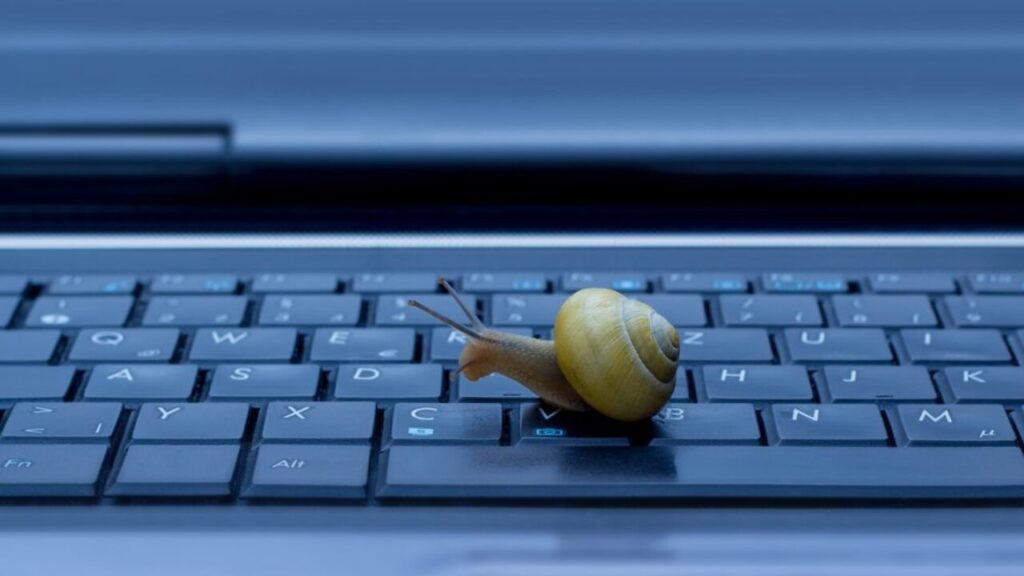Introduction
In this digital age, laptops have become indispensable tools for work, entertainment, and communication. However, nothing is more frustrating than a slow laptop that hampers productivity and tests our patience. In this article, we’ll explore the reasons behind a why is my laptop so slow effective solutions to speed it up.
Common Causes of a Slow Laptop
Background Processes
One of the primary reasons for a slow laptop is excessive background processes consuming system resources. These processes may include unnecessary applications running in the background, consuming CPU and memory.
Insufficient RAM
Insufficient Random Access Memory (RAM) can significantly affect your laptop’s performance. When the available RAM is insufficient for running multiple applications simultaneously, the system starts utilizing the hard drive as virtual memory, slowing down the overall performance.
Malware and Viruses
Malware and viruses can wreak havoc on your laptop’s performance. They not only consume system resources but also compromise your data security. It’s essential to run regular antivirus scans to detect and remove any malicious software.
Fragmented Hard Drive
Over time, why is my laptop so slow fragmented, meaning files are scattered across different sectors, slowing down data access. Fragmentation occurs as files are created, modified, and deleted.
Ways to Speed Up Your Laptop
Close Unnecessary Programs
One simple yet effective way to speed up your laptop is to close unnecessary programs running in the background. This frees up system resources and improves overall performance.
Upgrade RAM
If your laptop frequently runs out of memory, consider upgrading the RAM. Adding more RAM allows your laptop to handle more tasks simultaneously without slowing down.
Run Antivirus Scan
Regularly running antivirus scans helps detect and remove malware and viruses that could be slowing down your laptop. Ensure your antivirus software is up to date for maximum effectiveness.
Defragment Your Hard Drive
Defragmenting your hard drive rearranges fragmented files, optimizing data access speed and improving overall performance. Most operating systems have built-in tools for defragmentation.
Optimizing Startup Programs
Many programs automatically launch during startup, consuming valuable system resources. Disable unnecessary startup programs to improve boot time and overall performance.
Removing Bloatware
Manufacturers often pre-install bloatware – unnecessary software that consumes system resources – on laptops. Removing bloatware can significantly improve performance.
Regular Maintenance and Cleaning
Regular maintenance, such as deleting temporary files, clearing browser caches, and updating software, why is my laptop so slow running smoothly.
Hardware Upgrades
In some cases, hardware upgrades such as replacing the hard drive with a solid-state drive (SSD) or upgrading the processor can provide a significant performance boost.
Conclusion
A slow laptop can be incredibly frustrating, but with the right strategies, you can significantly improve its performance. By identifying common causes such as background processes, insufficient RAM, malware, and fragmented hard drives, and implementing solutions like closing unnecessary programs, upgrading RAM, running antivirus scans, and defragmenting your hard drive, you can enjoy a faster and more efficient laptop experience.

